Encyclopedia of Ocean and Oceanography: Living Earth
Oceanography may be one of the newest fields of science, but its roots extend back several tens of thousands of years when people began to venture from their coastlines in rafts. These first seafaring explorers, navigators and oceanographers began to pay attention to the ocean in many ways. They observed waves, storms, tides, and currents that carried their rafts in certain directions at different times. They sought fish for food. They realized that although ocean water didn't look different from river water, it was salty and undrinkable. Their experiences and understanding of the oceans were passed down over thousands of years from generation to generation in myths and legends. Oceanographers study every different aspect of the ocean, such as the chemistry of the of ocean water, the geology associated with the ocean, the physical movements of the ocean water, or even the life that calls the ocean its home. As humans have come to populate most corners of the globe, our impact on the oceans is stressing their ability to continue operating normally. Healthy oceans are crucially important to maintaining a healthy planet. Oceanography is the study of the ocean and all its complex relationships with the planet. An oceanographer is a special kind of scientist who studies the ocean. Oceanography has a diverse range of practical applications including predicting storm surges or tidal waves that threaten coastal regions, studying the processes that cause beach erosion, assessing how offshore engineering affects the environment and managing fisheries for long-term sustainability. This book is written in simple language covering all disciplines and branches of marine sciences like marine geology, meteorology, marine environment, marine ecology, marine biology, marine chemistry, marine physics, marine geophysics and fluid mechanics, etc.
Get it now and save 10%
BECOME A MEMBER

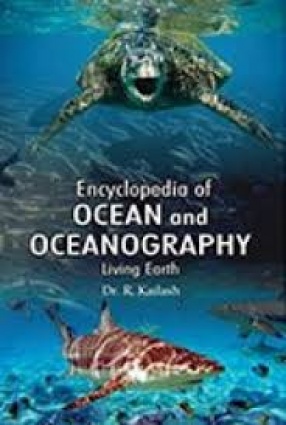

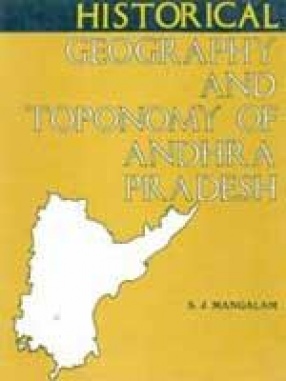
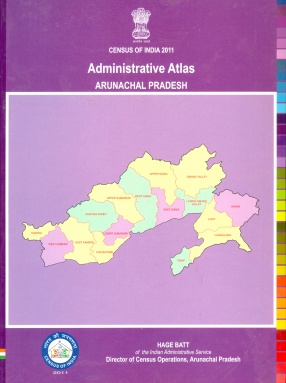
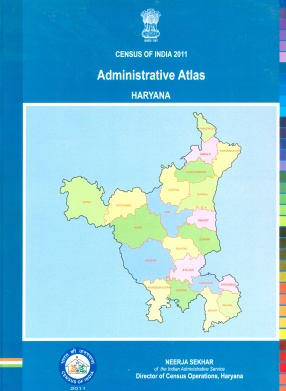
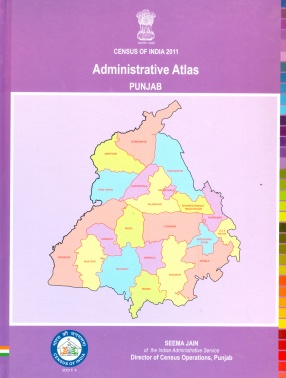

Bibliographic information